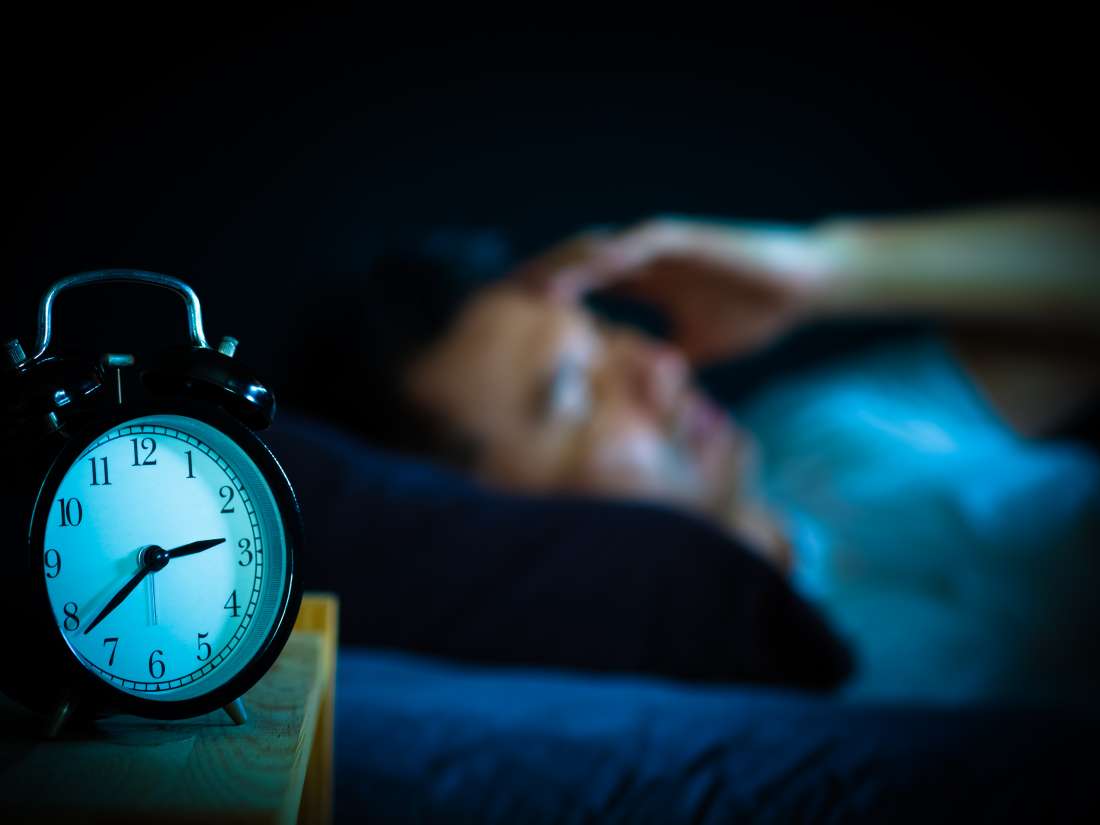

Medications - Appetite suppressants, chronic benzodiazepine use, some antidepressants (mostly SSRIs), hypnotics, antidepressants.Īlcohol - may help initiate sleep but reduces quality and causes early wakening.Ĭaffeine - especially in the evening e.g. DrugsĬeasing medication - rebound insomnia e.g. Urinary frequency - UTIs or prostatic problems.Įndocrine disorders - Hyperthyroidism (sweats), diabetes mellitus (nocturia), diabetes insipidus (nocturia). Painful conditions - Arthritis or headaches. Respiratory disorders - Obstructive sleep apnoea, dyspnoea and coughing. Movement disorders - Restless legs syndrome or periodic leg movements. Loss, crisis, worry, anxiety, depression, dementia, other mental health issues such as hypomania or psychotic disorders. 1 Box 1 lists some common causes of insomnia. Other factors such as underlying health issues, poor sleep environment, shift work or use of medications or other substances Only about 15 to 20 percent of patients with insomnia have no other associated diagnosis. You may report side effects to the FDA at 1-80.Many conditions can present with symptoms of insomnia If you notice any other effects, check with your healthcare professional.Ĭall your doctor for medical advice about side effects. Other side effects not listed may also occur in some patients. Numbness of the feet, hands, and around the mouth Muscle stiffness, tension, tightness, pain, or weakness

Loss in sexual ability, desire, drive, or performance
ACUTE INSOMNIA SIDE EFFECTS PROFESSIONAL
Check with your health care professional if any of the following side effects continue or are bothersome or if you have any questions about them: More commonĪbsent, missed, or irregular menstrual periodsĬontinuous ringing or buzzing or other unexplained noise in the earsĭelusions of persecution, mistrust, suspiciousness, or combativenessĮxcess air or gas in the stomach or bowelsįeeling of constant movement of self or surroundings Also, your health care professional may be able to tell you about ways to prevent or reduce some of these side effects. These side effects may go away during treatment as your body adjusts to the medicine. Some side effects may occur that usually do not need medical attention. Irregular, fast, or slow, or shallow breathing Get emergency help immediately if any of the following symptoms of overdose occur: Symptoms of overdoseĬonstricted, pinpoint, or small pupils (black part of the eye)Ĭoughing that sometimes produces a pink frothy sputum Irregular, fast, slow, or shallow breathing Trembling or shaking of the hands or feet

Swollen, painful, or tender lymph glands in the neck, armpit, or groin Puffiness or swelling of the eyelids or around the eyes, face, lips, or tongue Check with your doctor immediately if any of the following side effects occur: Less commonĭizziness, faintness, or lightheadedness when getting up suddenly from a lying or sitting positionīloating or swelling of the face, arms, hands, lower legs, or feetīurning while urinating burning, crawling, itching, numbness, prickling, "pins and needles", or tingling feelingsįast, irregular, pounding, or racing heartbeat or pulseįlushing or redness of the skin, especially on the face and neck


 0 kommentar(er)
0 kommentar(er)
